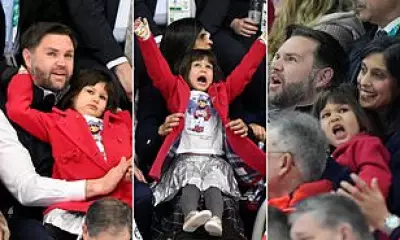
In a dramatic turn of events that underscores the fluid nature of modern international sport, Russian-born high jumper Elena Kulichenko has been given the green light to compete for Cyprus at the World Athletics Championships in Budapest.
The 23-year-old athlete's participation was confirmed just days after she received her Cypriot passport, completing a remarkably swift change of sporting allegiance. Her approval came directly from the sport's global governing body, World Athletics, clearing the path for her to appear on the world stage under a new flag.
A Rapid Transition to New Colours
Kulichenko's journey to representing Cyprus has been meteoric. Having only secured her new citizenship this month, she was formally added to the Cypriot team for the championships on Tuesday. This last-minute clearance means she will bypass the usual one-year waiting period typically required after a change of nationality.
The athlete previously represented the Russian Olympic Committee at the Tokyo Olympics, where she reached the high jump final. Her personal best of 2.00m, achieved in 2021, positions her as a serious contender in the competition.
The Shadow of Geopolitics in Sport
Kulichenko's switch occurs against the backdrop of World Athletics' ongoing ban on Russian and Belarusian athletes due to the war in Ukraine. This policy has prompted numerous athletes to seek alternative national representations to continue competing internationally.
The high jumper is not alone in this transition. Several other Russian athletes have recently changed affiliations to countries including Serbia, Kazakhstan, and Armenia, creating a significant shift in the international athletics landscape.
Cyprus's Growing Athletics Ambitions
For Cyprus, gaining an athlete of Kulichenko's calibre represents a significant boost to their athletics programme. The nation will be hoping her presence elevates their competitive standing at the championships.
All eyes will now be on Kulichenko as she prepares to compete in the high jump qualifying rounds this Saturday in Budapest. Her performance will be closely watched, not just for athletic achievement but as a symbol of the complex interplay between geopolitics and international sport.





